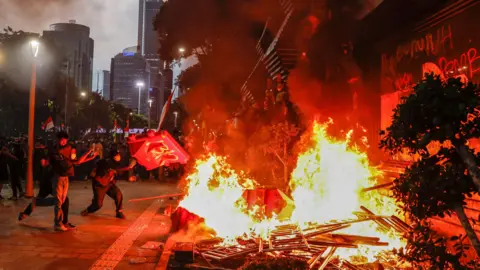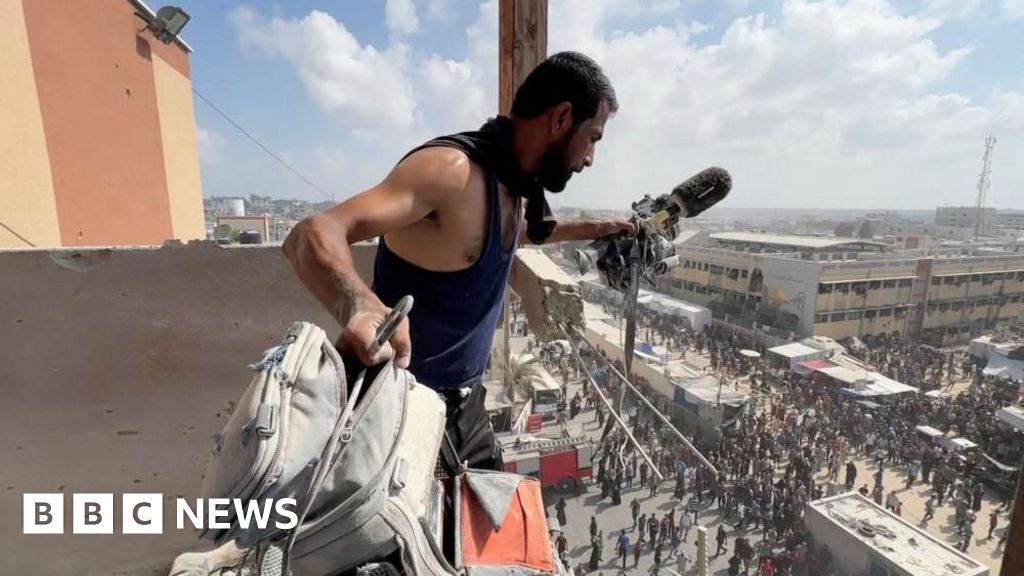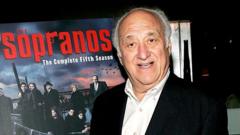Pope Francis, born Jorge Mario Bergoglio, passed away on Monday, leaving behind a significant legacy as the first Jesuit pope and the first pope from the Americas. His death came shortly after a prolonged hospital stay due to a severe respiratory infection, which had raised concerns about his health for several weeks.
In the days leading up to his passing, Pope Francis made several public appearances, including a notable meeting with U.S. Vice President JD Vance as he blessed the congregation at Easter Mass in St. Peter’s Square. However, observers noted that despite his efforts, his voice had become weak and strained, signaling his declining health.
The Vatican has yet to release a detailed report on the direct causes of his death. Nevertheless, it is known that the pope had struggled with several health issues, particularly chronic bronchitis during the winter months, which contributed to his recent life-threatening condition.
In the wake of his passing, the Catholic Church will prepare for a series of rituals, honoring Pope Francis's contributions and guiding the transition to new leadership. Preparations for his funeral are underway, with detailed arrangements about honoring the pope both at the Vatican and across the globe.
The selection process for his successor, traditionally known as a conclave, will soon commence, as cardinals gather to deliberate on the next pope who will influence the direction of the Church's teachings and mission in a rapidly changing world. The anticipation surrounding this event underscores the profound implications of Pope Francis's leadership period and the legacy left behind as the Church seeks to navigate the future.






















